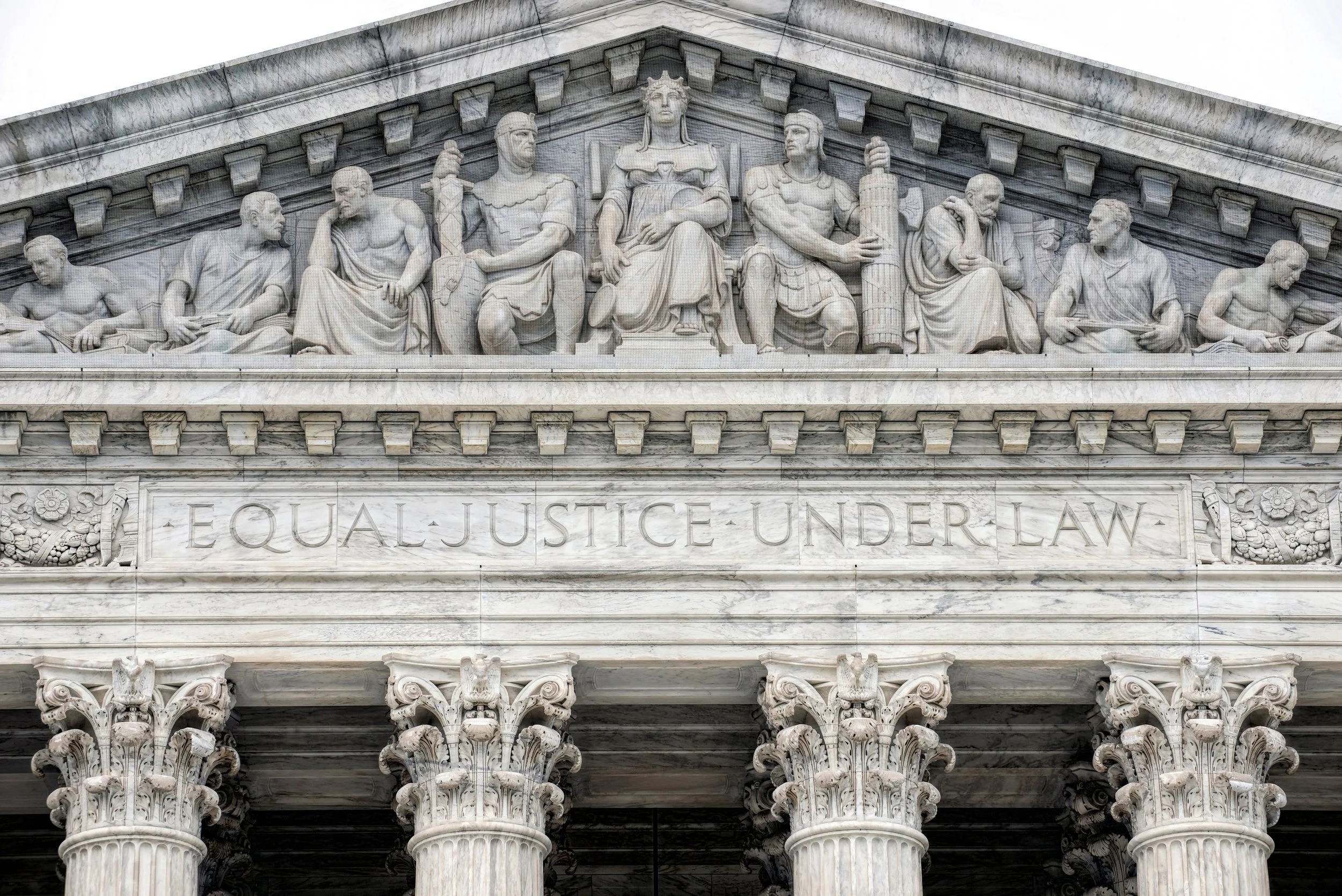
PRENUPTIAL
We believe in protecting love with clarity and fairness.
& POSTNUPTIAL
AGREEMENTS
Professional Legal Services. Personalized Attention. Click Here To Book Your Consultation Today.
MARITALAGREEMENTSPRENUPTIAL, POSTNUPTIAL &
TRANSMUTATION AGREEMENTS
Clear Agreements for Stronger Relationships and Smarter Planning
At Devey Law, we help couples and spouses make informed, confident decisions about their finances and property through prenuptial agreements, postnuptial agreements, and transmutation agreements. These legal tools define ownership rights, protect separate property, outline financial responsibilities, and clarify how assets will be handled during marriage and in the event of divorce, separation, or death.
While each serves a different purpose and can be used at different stages of a relationship, all three share a common goal: to provide clarity, prevent disputes, and ensure both spouses’ wishes are respected. Whether you are preparing for marriage, already married, or considering reclassifying property, these agreements—when properly drafted and integrated with your estate plan—can be an essential part of protecting your future.
CALIFORNIA MARITAL PROPERTY LAW
CUSTOM AGREEMENTS FOR COUPLES
CALIFORNIA MARITAL PROPERTY LAW CUSTOM AGREEMENTS FOR COUPLES
WHY PROFESSIONAL LEGAL DRAFTING BY AN ATTORNEY PROTECTS YOU
California law places strict requirements on prenuptial, postnuptial, and transmutation agreements. Even a small oversight—such as incomplete disclosures, unclear language, or a missed timing requirement—can result in the entire agreement being thrown out in court. An experienced attorney ensures your agreement is legally enforceable, tailored to your circumstances, and integrated with your overall estate plan.
At Devey Law, we anticipate how a court might interpret your agreement in the future and draft with enforceability in mind. This includes:
Meeting all statutory requirements for validity.
Clearly defining your rights and obligations.
Accounting for potential changes in your finances or family.
Coordinating with your will, trust, and other estate planning documents to prevent conflicts.
Because these agreements are often tested in divorce or probate, professional legal drafting by an attorney is the best safeguard for making sure your intentions are honored and your assets are protected.
POSTNUPTIAL AGREEMENTS
PRENUPTIAL &
Protecting Your Future, Your Family, and Your Assets
At Devey Law, we believe that planning ahead is one of the most caring and responsible steps you can take in a relationship. Whether you are preparing for marriage or are already married, a clear, well-drafted marital agreement can help prevent future disputes, protect your assets, and give you both peace of mind.
Prenuptial Agreements (Before Marriage)
A prenuptial agreement (“prenup”) is a legal contract made before marriage that defines each spouse’s rights and obligations regarding property, debts, and other financial matters.
Typical topics include:
Property Ownership: Which assets will remain separate property and which will be considered community property.
Debt Responsibility: Who is responsible for debts acquired before or during the marriage.
Business Interests: Protecting a business owned by one spouse before marriage.
Inheritance Protection: Ensuring assets pass to children from a prior relationship.
Spousal Support: Defining whether spousal support will be paid and under what circumstances (subject to California law).
Estate Planning Coordination: Aligning with wills and trusts to avoid conflicting instructions.
Court Procedure if Used:
If a prenuptial agreement is invoked in divorce, legal separation, or probate proceedings, the court will review it to ensure it meets California’s enforceability standards:
Was there full and fair disclosure of assets and debts?
Was it signed voluntarily, without coercion?
Was it executed at least seven days after the final version was presented?
Did both parties have an opportunity for independent legal counsel?
If the court finds the agreement valid, its terms will be enforced. If not, the court may disregard parts or all of the agreement and apply default California community property laws.
Postnuptial Agreements (After Marriage)
A postnuptial agreement (“postnup”) is similar to a prenup but is signed after the marriage has already taken place. It can cover the same issues as a prenup and is often used when:
A couple’s financial situation changes significantly (e.g., inheritance, career change, or major investment).
One spouse starts or acquires a business during the marriage.
The couple wants to address or resolve financial disputes.
The spouses want to update an existing prenup to reflect new circumstances.
Court Procedure if Used:
In divorce or probate, the court will evaluate a postnuptial agreement under strict scrutiny because spouses owe each other a fiduciary duty under California law. The judge will examine:
Whether there was full disclosure of assets, debts, and income.
Whether the agreement was fair and not the product of undue influence.
Whether each spouse had the opportunity for independent legal advice.
If valid, the postnup will control how property and debts are divided. If invalid, the court will disregard it and divide property under community property rules.
TRANSMUTATION
AGREEMENTS
RECLASSIFYING PROPERTY UNDER CALIFORNIA LAWIn California, the way property is legally classified — as separate property or community property — determines how it is controlled during marriage, divided in divorce, and distributed at death. A transmutation agreement is a written contract between spouses that changes the legal character of property during the marriage.
Transmutations are often used when spouses want to:
Combine separate property into community property to share equally.
Separate jointly owned property so it belongs to one spouse alone.
Transfer one spouse’s separate property to the other as their separate property.
While a transmutation can seem as simple as “adding a name to the deed” or “signing over an interest,” it is actually a highly regulated legal process. California law imposes strict rules to prevent one spouse from taking unfair advantage of the other, because spouses owe each other a fiduciary duty — the highest duty of honesty and good faith.
If a transmutation is challenged in divorce or probate, the court will require clear and convincing evidence of intent. The court examines:
The language of the written agreement.
Whether the spouse understood and agreed to the change.
Whether the transaction was fair under the fiduciary duty between spouses.
If the agreement fails these tests, the court treats the property under its original classification.
A valid transmutation requires:
A clear written statement of the change in ownership.
Signatures from both spouses, including the spouse giving up an interest.
Full understanding by both parties of what rights are being changed or given up.
Because of these requirements, transmutation agreements are often examined closely in divorce cases and probate proceedings. A well-drafted, legally compliant transmutation can make the process smooth and predictable; a poorly drafted one can lead to costly disputes, invalidation, and unexpected outcomes.
Professional Legal Counsel. Personalized Attention. Book Your Consultation Today.
To schedule your consultation fill out the form below or contact us: (805) 720-3411 or consultations@deveylaw.com.
We offer both in-person and virtual appointments for your convenience.
At Devey Law, we are committed to providing compassionate and thoughtful legal counsel with integrity, dedication, and personalized service.
Whether you’re planning for the future, forming or operating a business, or managing a legal matter, we are here to help you make informed decisions and protect what matters most.
Located in Santa Maria and Orcutt, California, on the beautiful Central Coast, we proudly serve clients across the entire state. Whether you’re local to the area or anywhere in California, we offer both in-person, mobile and virtual services to meet your needs. Our commitment is to provide exceptional service, no matter where you are.








